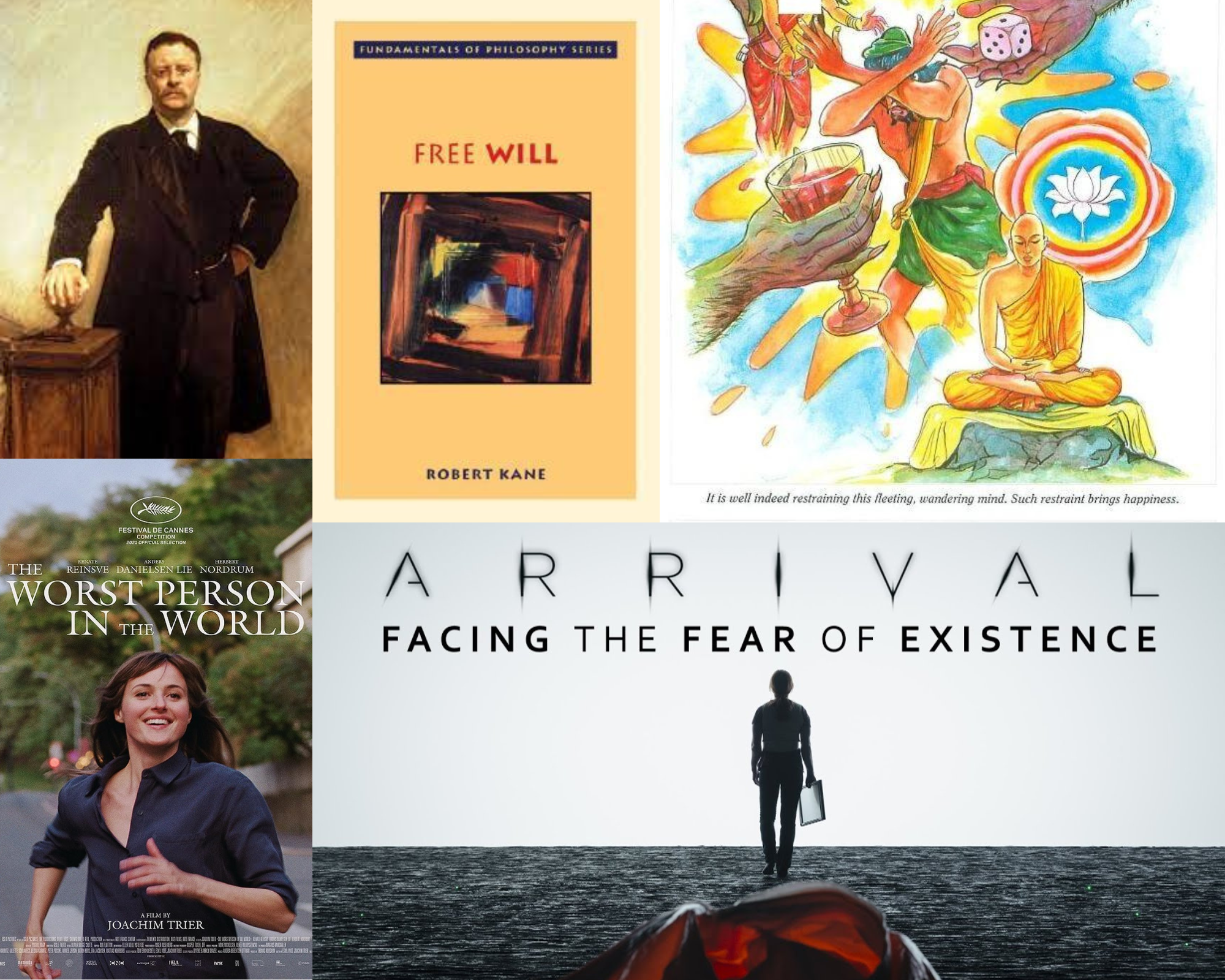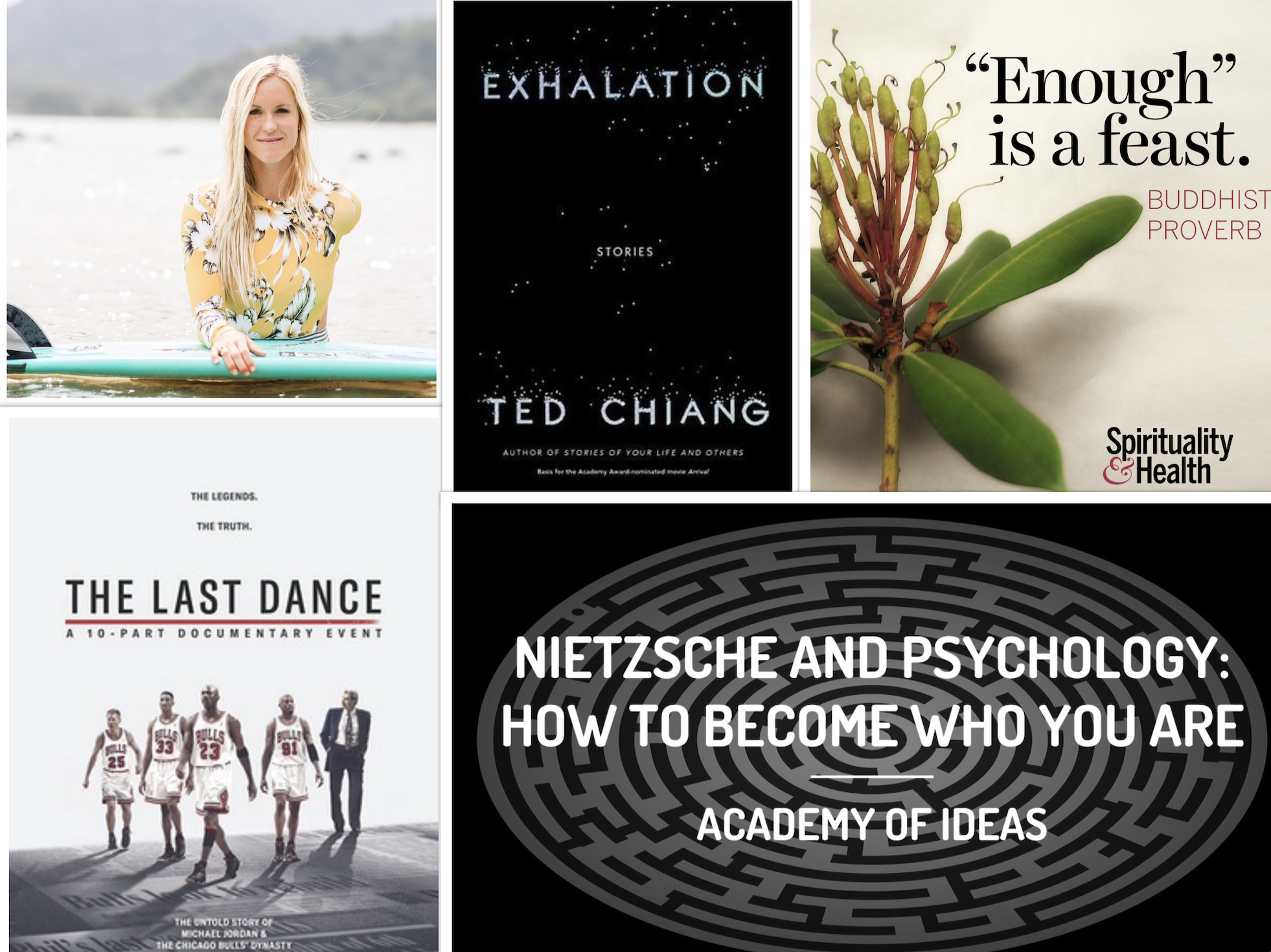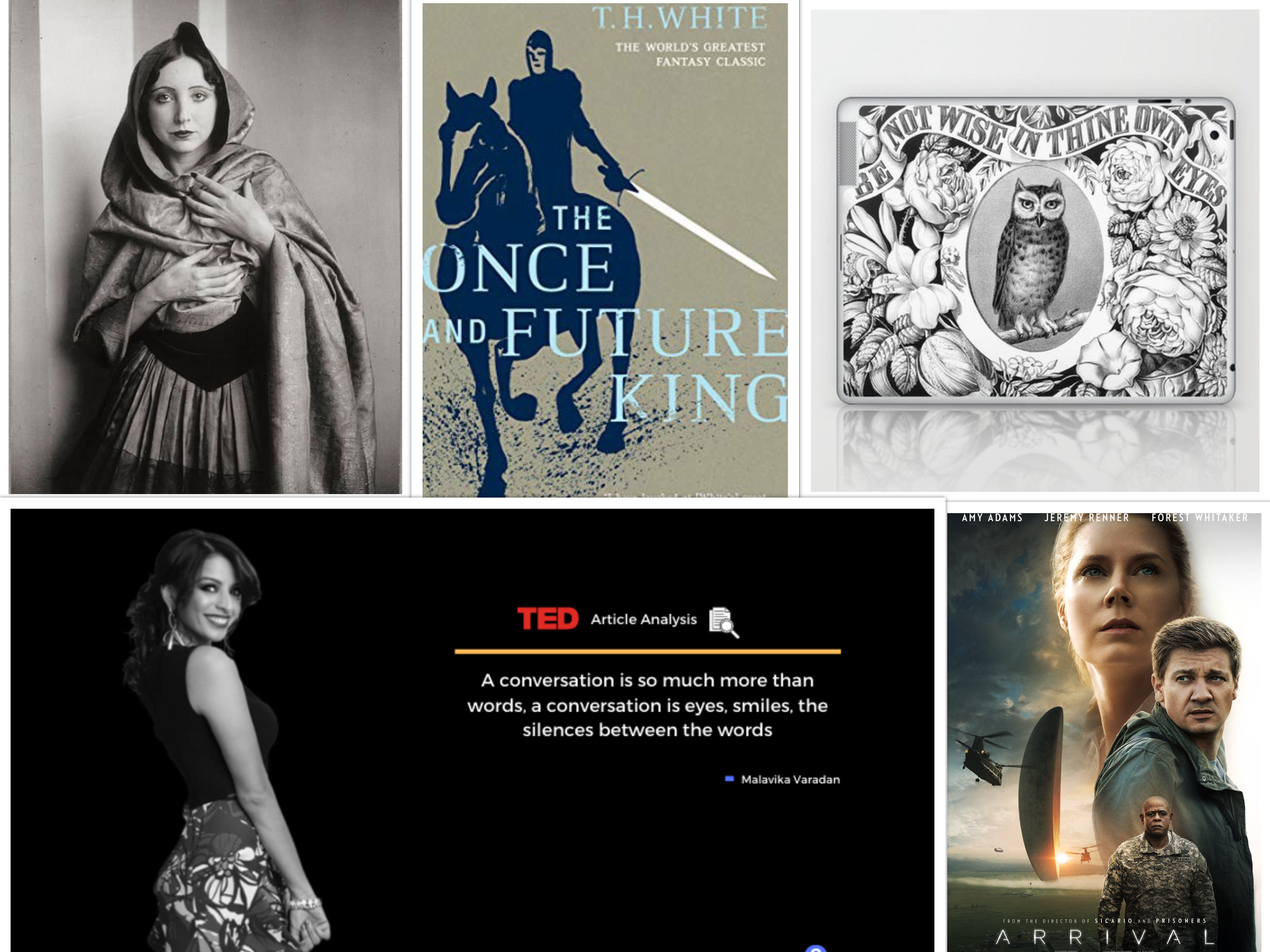Sunday Supplement #129 (October 29th, 2023)
Below is another Sunday Supplement with a quote worth sharing, a book worth reading, a movie worth watching, brainfood worth consuming, and a spiritual passage worth pondering.
Please take something away from these recommendations that enriches your week ahead!
Quote of the Week:
“In any moment of decision, the best thing you can do is the right thing, the next best thing is the wrong thing, and the worst thing you can do is nothing.”
– Theodore Roosevelt
Book of the Week:
A Contemporary Introduction to Free Will – Robert Kane
Robert Kane is a philosopher who studied at Holy Cross College, the University of Vienna, and Yale University.
Kane is a Professor of Philosophy at the University of Texas, Austin, and the author or editor of nine books on the subject of Free Will, including The Oxford Handbook of Free Will.
A Contemporary Introduction to Free Will is an accessible book that provides an overview of the views of the subject of Free Will.
The book covers subjects like determinism, moral responsibility, autonomy, agency, religion, rationality, freedom, and more.
I found the book a fascinating read and one worth reading and reflecting on for how we conduct our lives.
Movie of the Week:
Last week’s Sunday Supplement stated that 2021/22 had many excellent films. The Worst Person in the World was one of my favorites from that period.
The Norwegian film chronicles four years of a young woman, Julie’s life, as she navigates hard decisions in her relationships and struggles to find her career path.
The Worst Person in the World was nominated for two Academy Awards, Best International Feature Film and Best Original Screenplay.
The Best Original Screenplay nomination for Eskil Vogt and Joachim Trier is a testimony to the story’s success in capturing the depths, complexities, and beauty of life.
I don’t normally heavy-hand a recommendation in the Sunday Supplements, but this is a film I think would be a hit for most who give it a watch.
Brainfood of the Week:
Arrival | Facing the Fear of Existence | Like Stories of Old
I’ve only featured Like Stories of Old in one previous Sunday Supplement because the channel tends to analyze films as its primary content source.
However, the channel’s video essays are a mixture of film analysis, philosophy, and personal development worth highlighting again.
This particular video discusses the deeper themes around the fear of life and death in the film Arrival, which I featured in Sunday Supplement #11.
The movie follows a linguist who works with the military to communicate with alien lifeforms after twelve mysterious spacecraft appear around the world.
My decision for this brainfood of the week might come off as a double movie recommendation, but I think it’s worth it to check out this Like Stories of Old video.
Closing Spiritual Passage:
“The mind is difficult to control; swiftly and lightly, it moves and lands wherever it pleases. It is good to tame the mind, for a well-tamed mind brings happiness.”
– Dhammapada 35
The biggest takeaway from this Dhammapada verse for me is not to let your mind steer you in the direction of fear when making decisions.
It can be easy to freeze when faced with various uncertainties, but we must not get carried away by potential realities that haven’t happened.
Our minds can conjure infinite blessings or curses, but they shouldn’t distract us from the present moment for long.
Control over your mind is one of the most beneficial skills I think we can master in our lifetimes. This Dhammapada verse reminds us of how challenging but rewarding it can be.
Control your mind, don’t be afraid of making decisions, and have a blessed week ahead!
Comments closed

